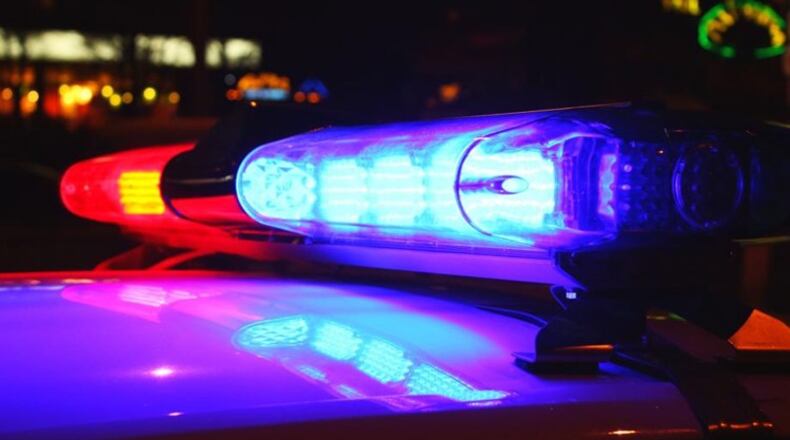With businesses closing, financial burdens could increase stress, Keiffer said, but it's important to remember abuse is about power and control more than anything. The Artemis Center is Dayton's domestic violence resource center. Victims of domestic violence can call its hotline at 937-461-4357 for help.
Grand jury declines to indict 3 Fairfield officers in fatal shooting
Keiffer said current victims of domestic violence could be more at risk in the coming weeks and months as the nation continues to quarantine itself inside homes.
Health officials have said repeatedly that staying in your home is the best way to stem the spread of coronavirus, but that’s not good news for domestic violence victims.
“We know home is not a safe place for everyone. That’s something we knew before, and the crisis will exacerbate it,” said Aubrey Starr, marketing director at the YWCA. “Abusers have been using the crisis as a method of threat and fear by saying things like ‘I am going to make you go out and risk getting sick’ or ‘I am going to go out and bring the virus back to you.’”
The YWCA operates the only domestic violence shelters in Montgomery and Preble counties. Starr said the shelters are still in operation and are a safe place for those who need help.
“We are taking immediate precautionary measures including increasing all of our housekeeping, cleaning and sanitation efforts to hourly,” Starr said. “We are also trying to social distance. We have everybody staying in their rooms, but at the same time encouraging people to go outside and get fresh air and try to maintain interactions.”
Coronavirus: Montgomery County Municipal Court closing
Starr said domestic violence survivors often feel isolated to begin with. So it’s important for shelter workers to balance coronavirus safety measures and keep the survivor’s psyche healthy with social interactions.
The YWCA also operates a domestic violence crisis hotline. The number is 937-222-7233.
Meanwhile, the The National Domestic Violence Hotline released a list of several new challenges survivors might face during the coronavirus outbreak.
- Abusive partners may withhold necessary items, such as hand sanitizer or disinfectants.
- Abusive partners may share misinformation about the pandemic to control or frighten survivors, or to prevent them from seeking appropriate medical attention if they have symptoms.
- Abusive partners may withhold insurance cards, threaten to cancel insurance, or prevent survivors from seeking medical attention if they need it.
- Programs that serve survivors may be significantly impacted –- shelters may be full or may even stop intakes altogether. Survivors may also fear entering shelter because of being in close quarters with groups of people.
- Survivors who are older or have chronic heart or lung conditions may be at increased risk in public places where they would typically get support, like shelters, counseling centers, or courthouses.
- Travel restrictions may impact a survivor's escape or safety plan – it may not be safe for them to use public transportation or to fly.
- An abusive partner may feel more justified and escalate their isolation tactics.
About the Author
